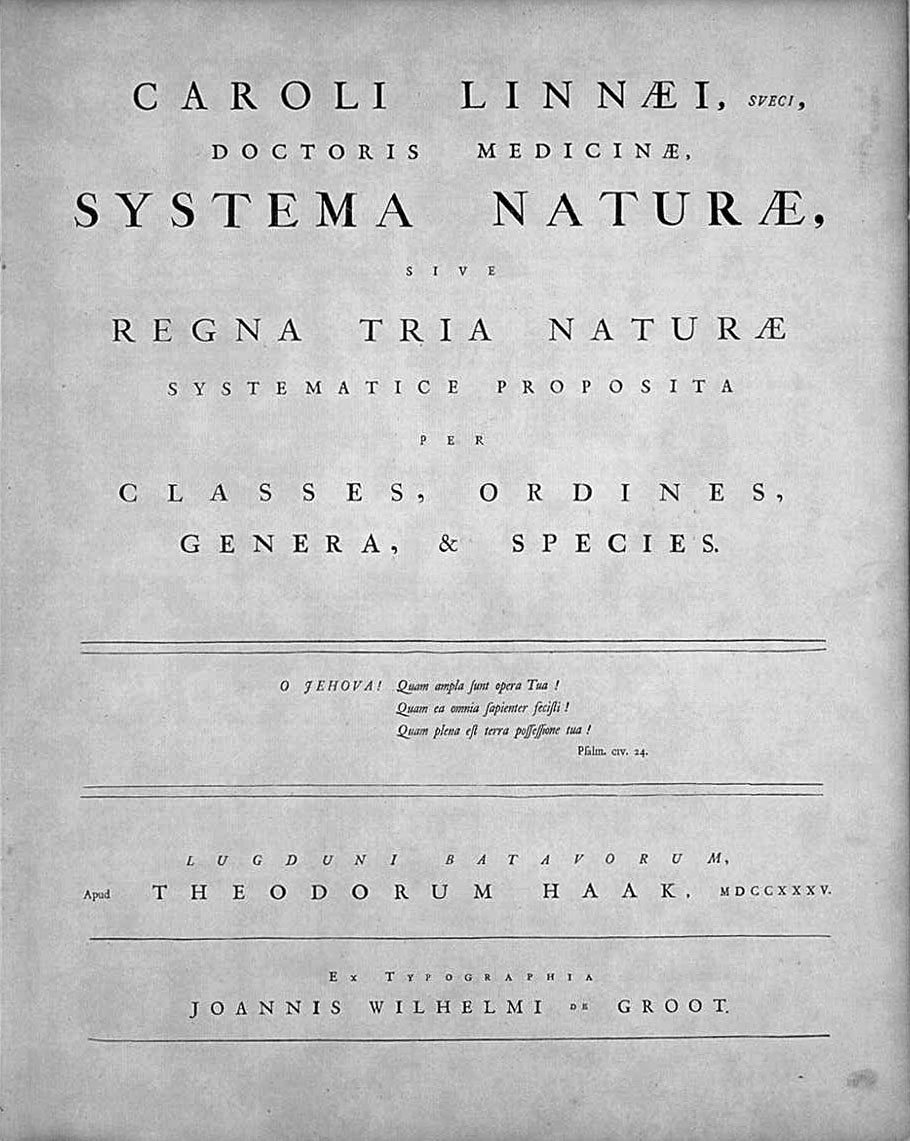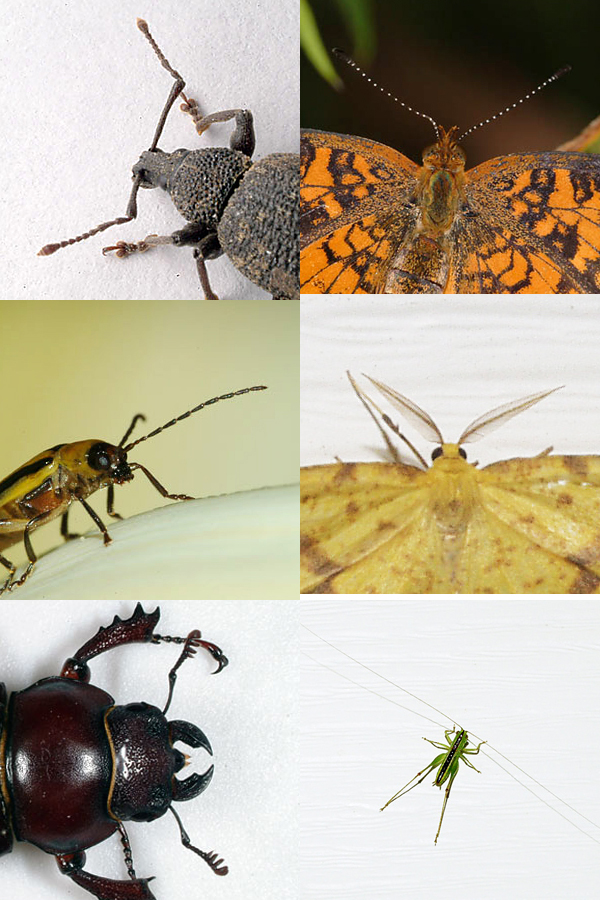|
Cartaletis Sapor
''Scopula sapor'' is a moth of the family Geometridae first described by Herbert Druce in 1910. It is found in Cameroon. References Endemic fauna of Cameroon Moths described in 1910 sapor Insects of Cameroon Moths of Africa {{Scopula-stub ... [...More Info...] [...Related Items...] OR: [Wikipedia] [Google] [Baidu] |
Herbert Druce
Herbert Druce, FLS (14 July 1846, in London – 11 April 1913, in London) was an English entomologist. His collections were acquired by Frederick DuCane Godman (1834–1919), Osbert Salvin (1835–1898), and James John Joicey (1870–1932) before being bequeathed to the Natural History Museum, London. He is not to be confused with his son, the English entomologist Hamilton Herbert Druce (1869 – 21 June 1922), who also worked on Lepidoptera. Partial list of publications * Druce, H., 1872 with Arthur Gardiner Butler (1844–1925), Descriptions of new genera and species of Lepidoptera from Costa Rica. ''Cistula entomologica'', 1 : 95–118. (1872) * Druce, H., 1873. A list of the Collections of Diurnal Lepidoptera made by Mr. Lowe in Borneo. ''Proceedings of the Zoological Society of London The Zoological Society of London (ZSL) is a charity devoted to the worldwide conservation of animals and their habitats. It was founded in 1826. Since 1828, it has maintained the Lo ... [...More Info...] [...Related Items...] OR: [Wikipedia] [Google] [Baidu] |
Moth
Moths are a paraphyletic group of insects that includes all members of the order Lepidoptera that are not butterflies, with moths making up the vast majority of the order. There are thought to be approximately 160,000 species of moth, many of which have yet to be described. Most species of moth are nocturnal, but there are also crepuscular and diurnal species. Differences between butterflies and moths While the butterflies form a monophyletic group, the moths, comprising the rest of the Lepidoptera, do not. Many attempts have been made to group the superfamilies of the Lepidoptera into natural groups, most of which fail because one of the two groups is not monophyletic: Microlepidoptera and Macrolepidoptera, Heterocera and Rhopalocera, Jugatae and Frenatae, Monotrysia and Ditrysia.Scoble, MJ 1995. The Lepidoptera: Form, function and diversity. Oxford, UK: Oxford University Press; 404 p. Although the rules for distinguishing moths from butterflies are not well establishe ... [...More Info...] [...Related Items...] OR: [Wikipedia] [Google] [Baidu] |
Geometridae
The geometer moths are moths belonging to the family Geometridae of the insect order Lepidoptera, the moths and butterflies. Their scientific name derives from the Ancient Greek ''geo'' γεω (derivative form of or "the earth"), and ''metron'' "measure" in reference to the way their larvae, or inchworms, appear to measure the earth as they move along in a looping fashion. A very large family, it has around 23,000 species of moths described, and over 1400 species from six subfamilies indigenous to North America alone. A well-known member is the peppered moth, ''Biston betularia'', which has been subject of numerous studies in population genetics. Several other geometer moths are notorious pests. Adults Many geometrids have slender abdomens and broad wings which are usually held flat with the hindwings visible. As such, they appear rather butterfly-like, but in most respects they are typical moths; the majority fly at night, they possess a frenulum to link the wings, and th ... [...More Info...] [...Related Items...] OR: [Wikipedia] [Google] [Baidu] |
Species Description
A species description is a formal description of a newly discovered species, usually in the form of a scientific paper. Its purpose is to give a clear description of a new species of organism and explain how it differs from species that have been described previously or are related. In order for species to be validly described, they need to follow guidelines established over time. Zoological naming requires adherence to the ICZN code, plants, the ICN, viruses ICTV, and so on. The species description often contains photographs or other illustrations of type material along with a note on where they are deposited. The publication in which the species is described gives the new species a formal scientific name. Some 1.9 million species have been identified and described, out of some 8.7 million that may actually exist. Millions more have become extinct throughout the existence of life on Earth. Naming process A name of a new species becomes valid (available in zo ... [...More Info...] [...Related Items...] OR: [Wikipedia] [Google] [Baidu] |
Cameroon
Cameroon (; french: Cameroun, ff, Kamerun), officially the Republic of Cameroon (french: République du Cameroun, links=no), is a country in west-central Africa. It is bordered by Nigeria to the west and north; Chad to the northeast; the Central African Republic to the east; and Equatorial Guinea, Gabon and the Republic of the Congo to the south. Its coastline lies on the Bight of Biafra, part of the Gulf of Guinea and the Atlantic Ocean. Due to its strategic position at the crossroads between West Africa and Central Africa, it has been categorized as being in both camps. Its nearly 27 million people speak 250 native languages. Early inhabitants of the territory included the Sao civilisation around Lake Chad, and the Baka hunter-gatherers in the southeastern rainforest. Portuguese explorers reached the coast in the 15th century and named the area ''Rio dos Camarões'' (''Shrimp River''), which became ''Cameroon'' in English. Fulani soldiers founded the Adamawa Emirate ... [...More Info...] [...Related Items...] OR: [Wikipedia] [Google] [Baidu] |
Endemic Fauna Of Cameroon
Endemism is the state of a species being found in a single defined geographic location, such as an island, state, nation, country or other defined zone; organisms that are indigenous to a place are not endemic to it if they are also found elsewhere. For example, the Cape sugarbird is found exclusively in southwestern South Africa and is therefore said to be ''endemic'' to that particular part of the world. An endemic species can be also be referred to as an ''endemism'' or in scientific literature as an ''endemite''. For example '' Cytisus aeolicus'' is an endemite of the Italian flora. '' Adzharia renschi'' was once believed to be an endemite of the Caucasus, but it was later discovered to be a non-indigenous species from South America belonging to a different genus. The extreme opposite of an endemic species is one with a cosmopolitan distribution, having a global or widespread range. A rare alternative term for a species that is endemic is "precinctive", which applies to s ... [...More Info...] [...Related Items...] OR: [Wikipedia] [Google] [Baidu] |
Moths Described In 1910
Moths are a paraphyletic group of insects that includes all members of the order Lepidoptera that are not butterflies, with moths making up the vast majority of the order. There are thought to be approximately 160,000 species of moth, many of which have yet to be described. Most species of moth are nocturnal, but there are also crepuscular and diurnal species. Differences between butterflies and moths While the butterflies form a monophyletic group, the moths, comprising the rest of the Lepidoptera, do not. Many attempts have been made to group the superfamilies of the Lepidoptera into natural groups, most of which fail because one of the two groups is not monophyletic: Microlepidoptera and Macrolepidoptera, Heterocera and Rhopalocera, Jugatae and Frenatae, Monotrysia and Ditrysia.Scoble, MJ 1995. The Lepidoptera: Form, function and diversity. Oxford, UK: Oxford University Press; 404 p. Although the rules for distinguishing moths from butterflies are not well establishe ... [...More Info...] [...Related Items...] OR: [Wikipedia] [Google] [Baidu] |
Scopula
''Scopula'' is a genus of moths in the family Geometridae described by Franz von Paula Schrank in 1802. Species It has 705 species which are listed here alphabetically. A *'' Scopula ablativa'' (Dognin, 1911) *''Scopula abolita'' Herbulot, 956/small> *''Scopula abornata'' (Guenée, 858 *''Scopula accentuata'' (Guenée, 858 *'' Scopula acentra'' (Warren, 1897) *'' Scopula acharis'' Prout, 1938 *'' Scopula achroa'' (Lower, 1902) *'' Scopula achrosta'' Prout, 1935 *''Scopula acidalia'' (Holland, 1894) *''Scopula acinosa'' (Prout, 1932) *''Scopula actuaria'' (Walker, 1861) *''Scopula acutanellus'' Herbulot, 1992 *''Scopula acyma'' Prout, 1932 *''Scopula addictaria'' (Walker, 1861) *''Scopula adelpharia'' (Püngeler, 1894) *''Scopula adenensis'' (Wiltshire, 1986) *''Scopula adeptaria'' (Walker, 1861) *''Scopula aegrefasciata'' Sihvonen, 2001 *''Scopula aemulata'' (Hulst, 1896) – angled wave *''Scopula aequidistans'' (Warren, 1896) *''Scopula aequifasciata'' (Christoph, 1881) *''S ... [...More Info...] [...Related Items...] OR: [Wikipedia] [Google] [Baidu] |
Insects Of Cameroon
Insects (from Latin ') are pancrustacean hexapod invertebrates of the class Insecta. They are the largest group within the arthropod phylum. Insects have a chitinous exoskeleton, a three-part body (head, thorax and abdomen), three pairs of jointed legs, compound eyes and one pair of antennae. Their blood is not totally contained in vessels; some circulates in an open cavity known as the haemocoel. Insects are the most diverse group of animals; they include more than a million described species and represent more than half of all known living organisms. The total number of extant species is estimated at between six and ten million; In: potentially over 90% of the animal life forms on Earth are insects. Insects may be found in nearly all environments, although only a small number of species reside in the oceans, which are dominated by another arthropod group, crustaceans, which recent research has indicated insects are nested within. Nearly all insects hatch from eg ... [...More Info...] [...Related Items...] OR: [Wikipedia] [Google] [Baidu] |

_caterpillar_-2.jpg)

.jpg)

